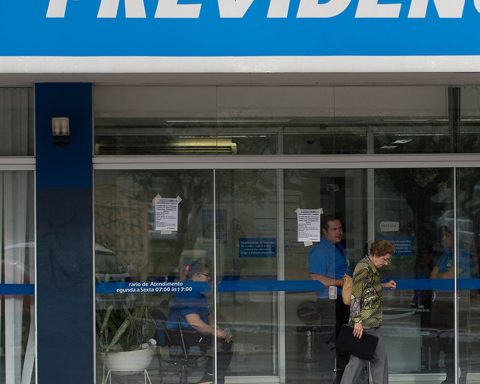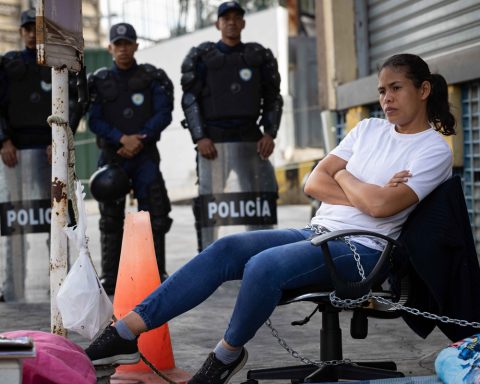The Communication and Digital Law Commission of the Federal Senate (photo) (CCDD) postponed this Wednesday (13) the vote on a bill that aims to protect children and adolescents in digital environments. The measure was taken after a request for a review granted to Senator Esperidião Amin (PP-SC).
The expectation is that the matter will be considered again on a final basis in the next session of the commission, on the 27th, as there will be no meeting on the 20th, the Black Consciousness Day holiday.
Given the delay, senators suggested the possibility of scheduling an extraordinary session on Tuesday (19), if it is the wish of the president of the CCDD, senator Eduardo Gomes (PL-TO).
PL 2,628/2022 is authored by Senator Alessandro Vieira (MDB-SE), but the text to be voted on will be the substitute presented and read today by the rapporteur, Senator Flávio Arns (PSB-PR).
During this Wednesday’s session, Vieira demanded speed in the assessment of the text, since the lack of clearer rules represents risks for society, as it puts the future of the country’s youngest population in danger.
“Companies have no interest in protecting children and adolescents. The interest of companies is exclusively to make profit mass. There is no doubt about that. This project puts the necessary focus on protecting our children,” he said.
“Our society today is being shaped by social networks and technology. If we don’t exercise a minimum of caution, we won’t have a healthy future for these children,” he added.
Protection
When defending his report, Flávio Arns explained that the idea of the project is to define obligations for internet providers and platforms, in order to protect children and adolescents from the risks of the internet and, in particular, social networks.
“But we don’t just talk about TikTok, WhatsApp, YouTube or streaming. We talk about the protection of children and adolescents in digital environments because, depending on the dynamics [dos aplicativos]there is something new at all times”, said the senator.
The rapporteur’s text provides for rules and mechanisms for verifying the age of users to be followed by internet providers that serve as a channel for access to applications, social networks and entertainment, sales and service provision websites.
Notification and alert systems are also planned, as well as more efficient configurations to guarantee privacy and protection of personal data.


















